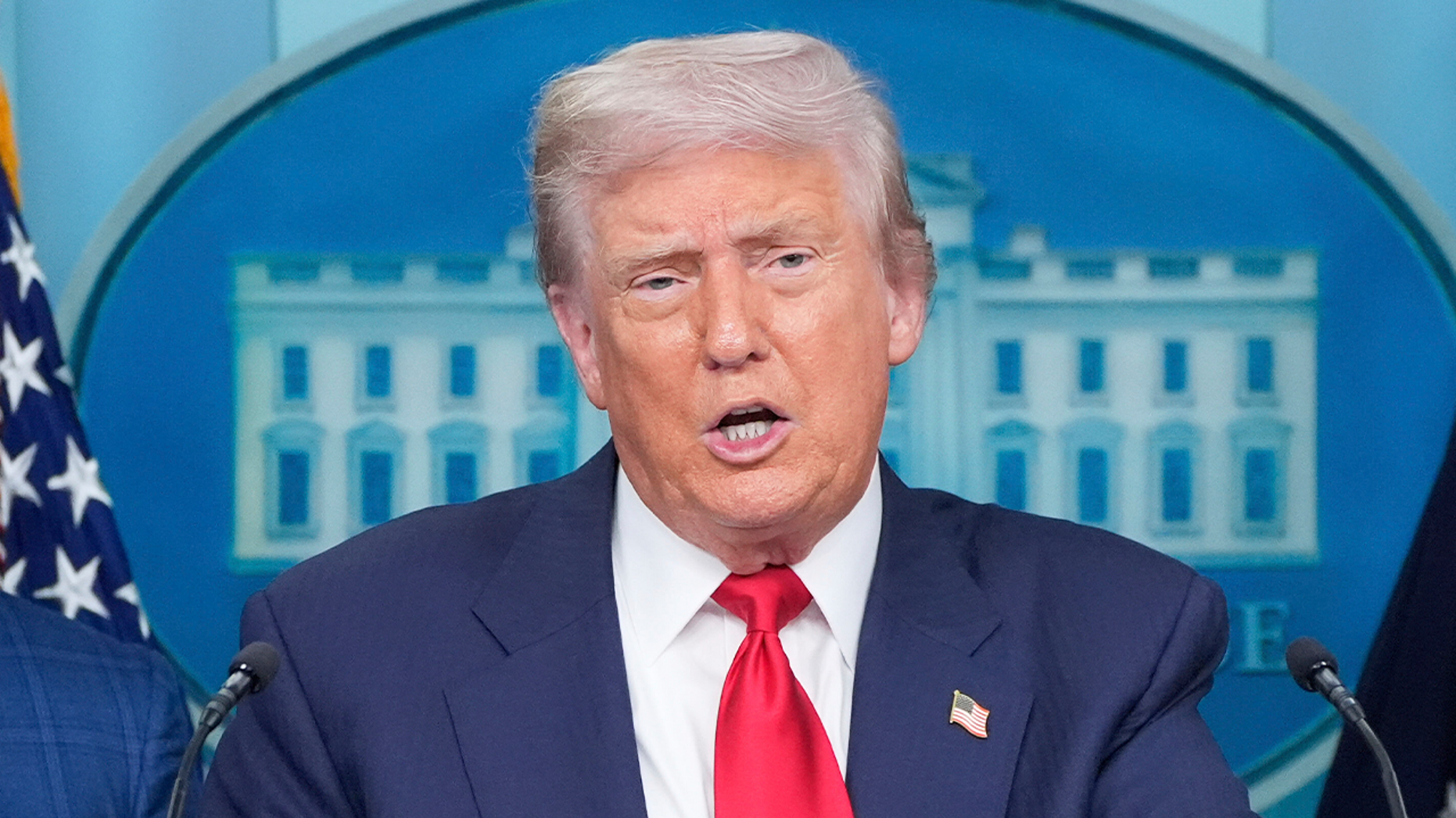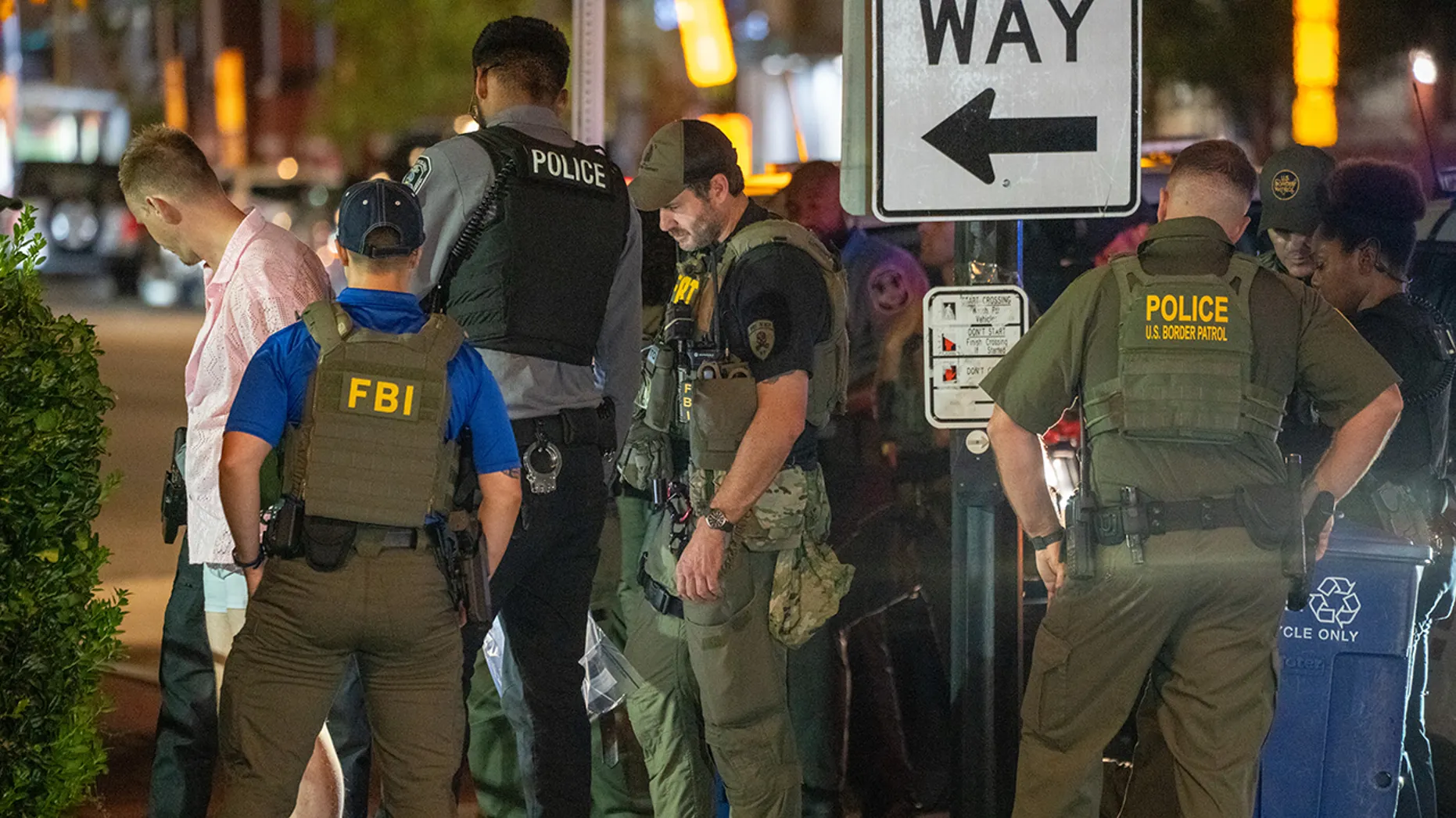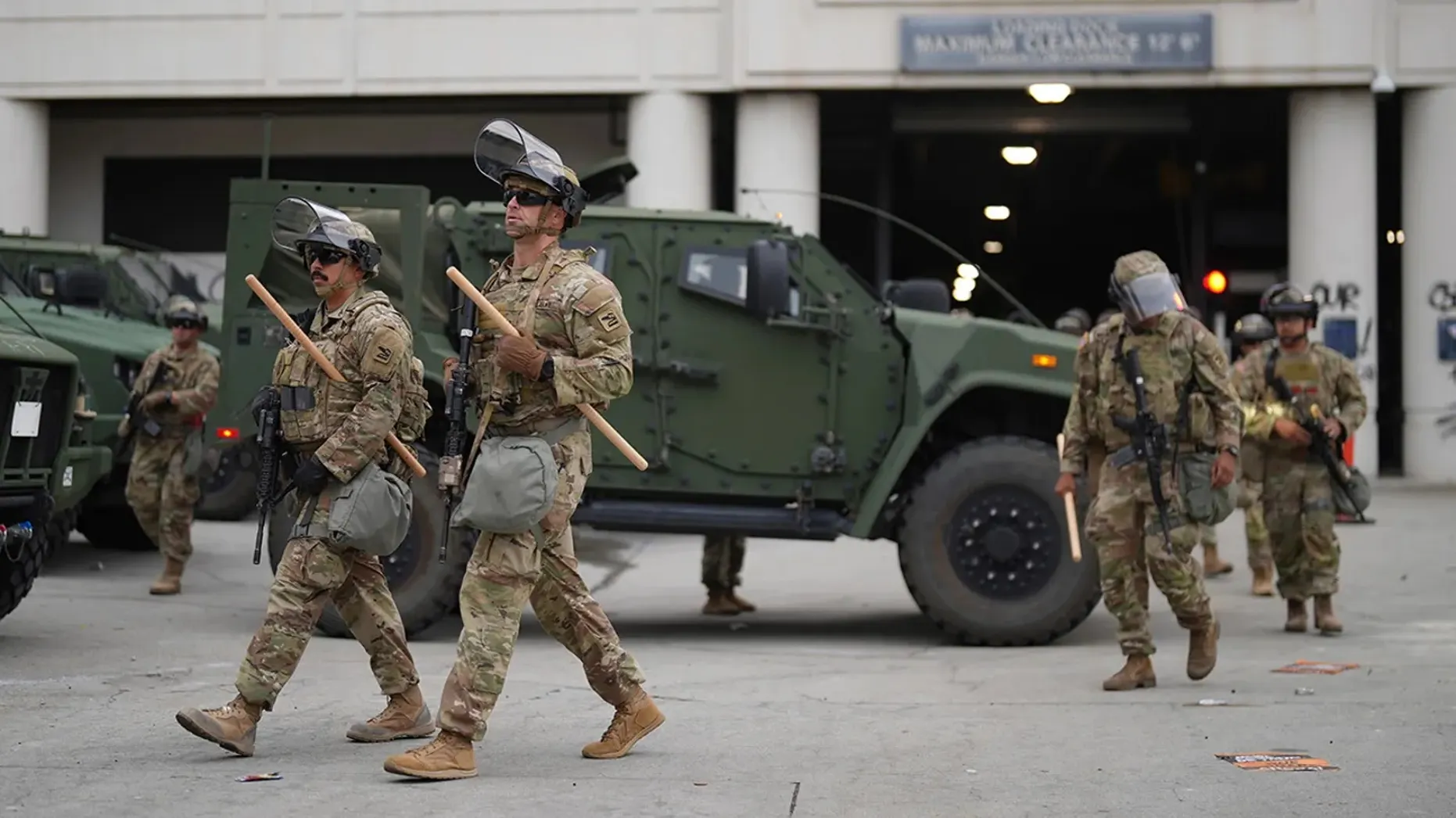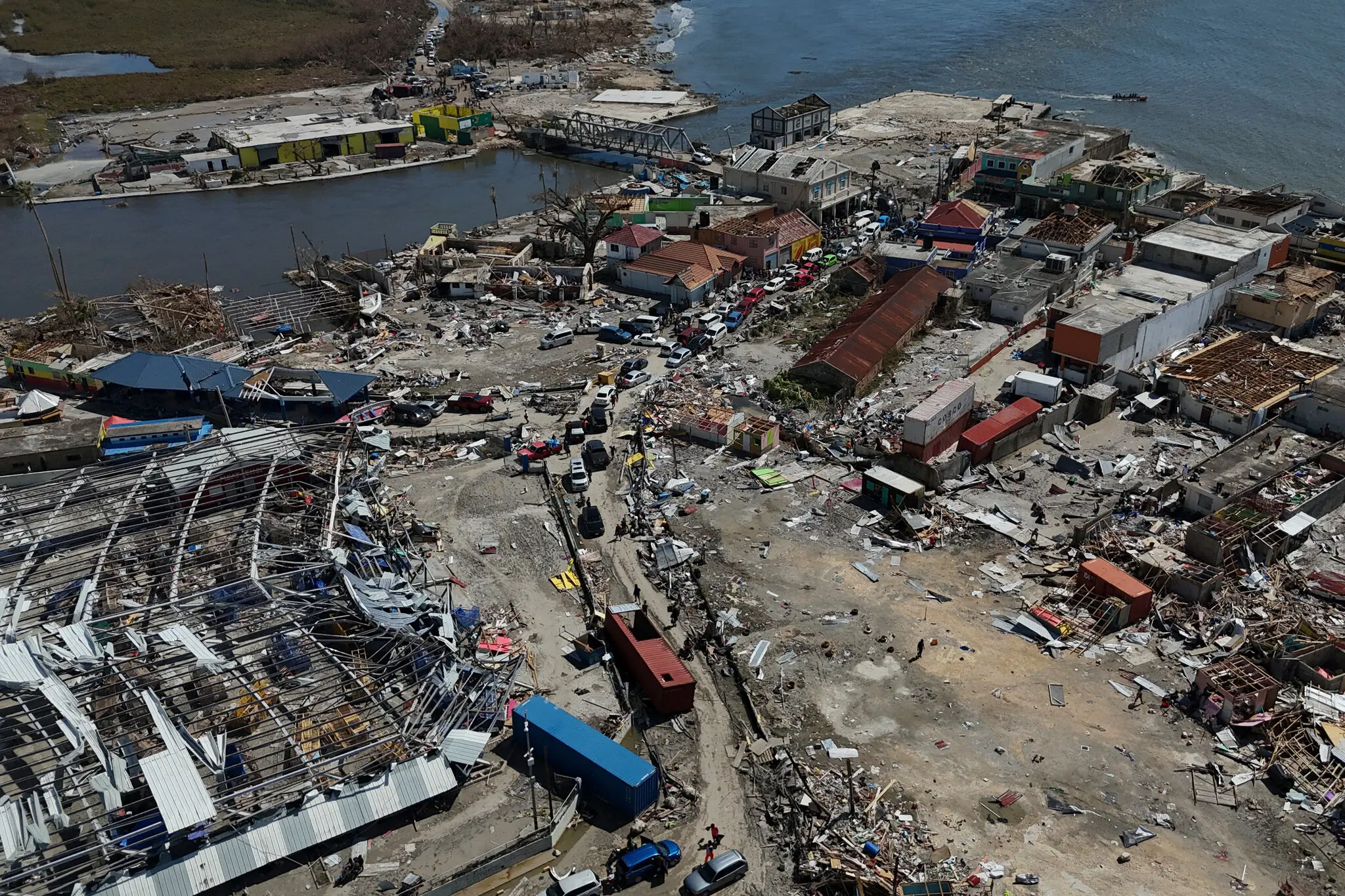Breaking News
- Davos Talks Highlight NATO Tensions After Trump Revives Greenland Issue
- Wild Landscapes and a Celebrity Koala: A Journey Across an Australian Island
- AI Can Boost Civil Liberties, Palantir CEO Says, as Europe Slips Behind Global Rivals
- Dolphins’ QB Future Becomes Clear as Ex-Packers Coach and GM Shape Direction
- Trump’s Threats Toward Greenland Raise Fears of U.S. Expansionism
- FDA Gives Green Light to First At-Home Brain Therapy Device for Depression
- Your Go-To Restaurant Won’t Last Forever. Here’s How to Handle It
- Washington’s Millionaire Tax Proposal Raises Fears of Wider Taxes and Economic Fallout
- Brooklyn Beckham Says Parents Declined Meeting After He Traveled to London for Reconciliation
- China’s Population Growth Crisis Deepens as Birthrate Hits 1949-Era Low
- 5 Hidden Maryland Islands That Feel Like a Quiet Slice of Paradise
- Musk’s xAI Closes $20 Billion Raise to Fuel AI Expansion






